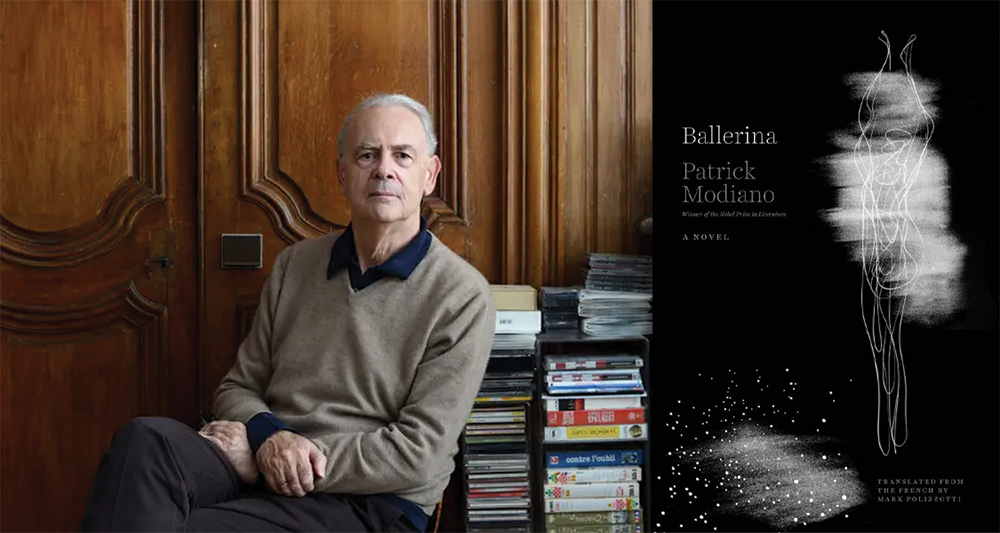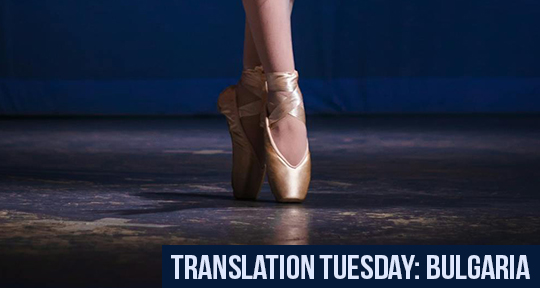Ballerina by Patrick Modiano, translated from the French by Mark Polizzotti, Yale University Press, 2025
Patrick Modiano’s latest work, Ballerina, takes its readers to a Paris that feels uncertain, still marked by the shadow of the Second World War. Like most of the author’s other publications, so too is this novella written as autofiction, with the main perspective being that of the same young man who normally figures in his writing. Over the course of his story, we float from recollection to recollection, following the narrator’s attempts to capture the memories of his youth in 1960s Paris—during which he finds himself admitted into a ballerina’s circle.
Despite the title, the eponymous dancer herself feels less like a central figure than what we might be led to expect. She is, of course, present and recurring in the narrator’s focus, acting as the glue between him and the other characters, threading connections that are introduced over the course of the novella—but as we read through the story, we feel as though we are trying to catch hold of an ever-elusive spirit, rather than an actual person.
It is at this point that one comes to consider the metaphor of dancing and ballet, and how it further feeds into the ballerina’s enigmatic character. While the novella’s title bears her epithet (which is also her nickname), this is as much as we receive in terms of her identification. In contrast, every other figure, barring the narrator, is named: the ballerina’s son, Pierre; Hovine, whom the ballerina had known ‘since childhood’; Verzini, the narrator’s landlord and the ballerina’s friend; and Kniaseff, the ballet master, to name but a few. In this way, nearly all the characters are rendered concrete and tangible, not only through their names, but also the short physical descriptions which accompany them. READ MORE…



